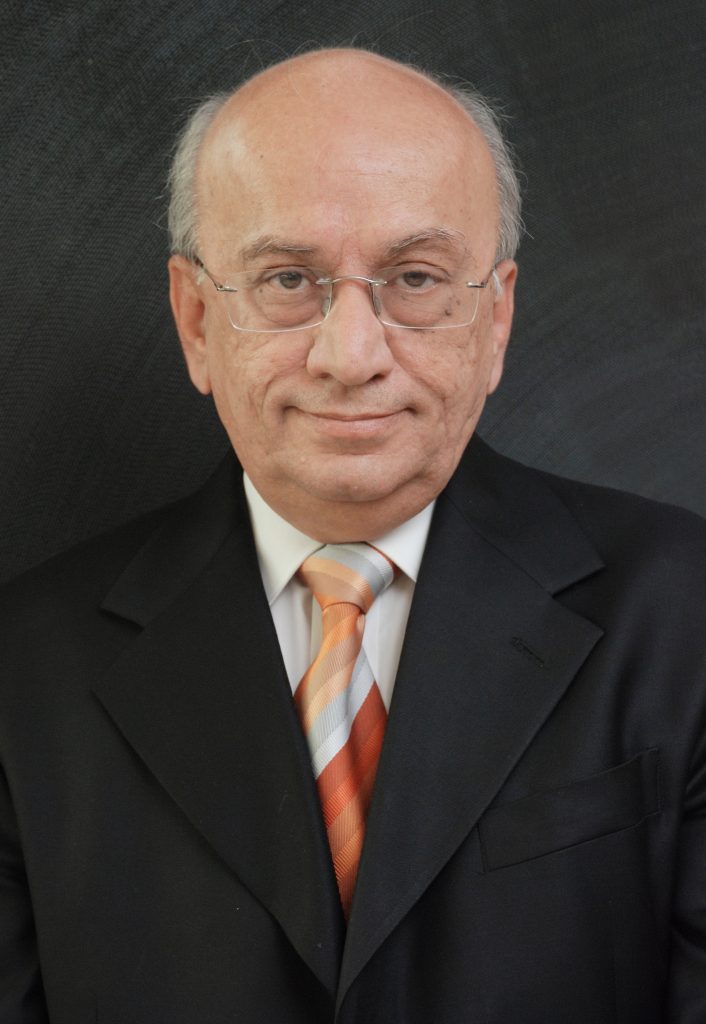India’s pledge to become an EV first nation by 2030 is an initiative to move toward a greener environment. EVs are the emerging cleantech solution providing alternative for fossil-fuel-driven vehicles in India. With the emission of zero harmful gases, advanced technology has the potential to protect the environment while ensuring sustainable development.

In this initiative to make India an EV resilient country, Lithium-ion batteries are at the heart of the development that powers the vehicle to portray an unrivaled performance. It is gaining popularity due to falling battery prices with more stability and safer charging and discharging energy capability as compared to other options available in the market. Additionally, it requires the least charging time along with low maintenance which makes it an ideal choice for supporting the growth of the EV ecosystem. As per the India Energy Storage Alliance (IESA) report, it is estimated that the Indian EV market will grow at a CAGR of 36% till 2026 which will lead to the growth of the EV battery market at a CAGR of 30% during the same time period.
Given the importance of Li-ion batteries in the growth of the EV industry, any fault in the battery can take a toll on the entire market. Therefore, it is the need of the hour to focus on Li-ion battery manufacturing infrastructure. As the battery makes up 40-50% cost of the EV, it is imperative to manufacture highly competitive and error-free batteries. Moisture is the major deterrent in battery manufacturing which meddles with the prospects of the industry growth. Humidity value should be maintained at less than 1% humidity for manufacturing long-lasting battery technology.
Here the role of dehumidification systems becomes critical to closely regulate the environment and provide Dry Room conditions within the manufacturing unit. The chemical components making up the Li-ion batteries are inherently hygroscopic in nature which if left unattended can lead to reduced product life by acutely impairing the quality of the battery. On one hand, where it can be responsible for the reduced performance, it can be exceedingly dangerous at the same time as it raises safety concerns with high chances of explosion. To curtail the impact of moisture, Dry Rooms offer dehumidification/ moisture control solutions without which Li-ion manufacturing is not feasible. Environment Control Dehumidification System is installed in the Dry Rooms along with the refrigeration system that maintains the desired RH at less than 1% and 10 % during the lithium cell manufacturing and battery assembling respectively. The moisture control equipment is a critical factor in achieving ultra-low dewpoint up to -80°C for all the hygroscopic and moisture-sensitive material processing.
The Bry-Air Dry Rooms come with the patented Environment Control Dehumidification System, Green DryPurge (GDP) series and highly efficient Super Low Dew Point (LDP) series which are capable for achieving ultra-low dew point up to (-) 80°C during the processing of hygroscopic and moisture sensitive material like lithium, etc. The patented technology helps reduce the energy consumption significantly and consequently brings down the cost of energy, thereby making them the most energy efficient dehumidifiers for <1% RH Dry Rooms.
Considering that buying a vehicle requires heavy investment, the safety of EVs will remain a constant amongst consumers. To sustain in the competitive market, manufacturers must be agile enough to accept advanced dehumidification products and solutions with alacrity. The role of dehumidification is not just limited to battery manufacturing but finds application in a wide gamut of operations. From structure to the manufacturing of tyres, painting, and keeping the vehicle lightweight, moisture control system is required at every level of EV manufacturing.
As a result, the vulnerability of the Li-ion battery manufacturing and the EV industry as a whole is giving the desired impetus to the demand for Dry Rooms and dehumidification solutions in India and across the globe. Especially, in a country like India where there are significant weather variations from region to region at different times of the year with temperatures reaching up to 40°C in some regions, energy-efficient dehumidifiers are even more important for driving the large-scale production of lithium-ion batteries. Considering that dehumidification products and solutions are playing an active role in the EV push of India, collaborating with local manufacturers for providing environment control solutions required for battery manufacturing/assembling will be instrumental in making reliable, quality, and safe lithium batteries.








